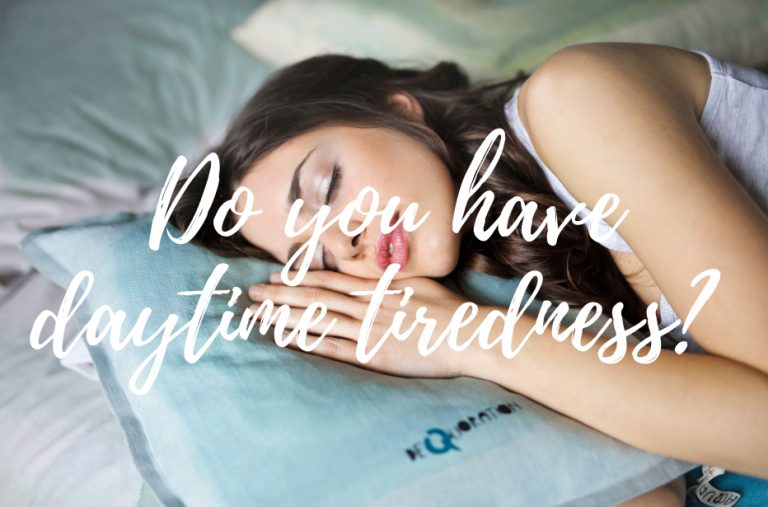This post contains affiliate links. I may earn a commission if you make a purchase through my links, at no extra cost to you.
Many of us feel tired during the day. In most cases, this is due to lack of sleep or a heavy schedule but this is not always the case. Modern lifestyle can be very demanding but daytime tiredness should not be overlooked, especially when it’s persistent and exists for a long time. In this post, I will talk about the potential causes of daytime tiredness and when you should visit a doctor.
Sleep Apnea
This is a very common condition often described as excessive and loud snoring. Sufferers also experience breathing interruptions during sleep. However, one of the most common symptoms of Sleep Apnea is daytime exhaustion. The pauses in breathing during sleep don’t let the body get proper rest. If you have these symptoms then you should definitely see a doctor. When left untreated, Sleep Apnea can have serious health implications like heart conditions and diabetes.
There are two types of this condition:
- Obstructive Sleep Apnea happens when the muscles located at the back of the throat fail to keep the airway open despite the effort from the body to sleep.
- Central Sleep Apnea happens when the brain fails to control breathing activity during sleep.
Out of the two, Obstructive Sleep Apnea is far more common.
Narcolepsy
Another condition that can cause daytime tiredness is Narcolepsy. It’s usually diagnosed during childhood or adolescence but many times the diagnosis takes place after many years with symptoms. It’s a condition that affects equally men and women. According to the Sleep Foundation, 1 in 2,000 people suffer from Narcolepsy. The main symptoms are; excessive sleepiness, sleep paralysis and hallucinations. People who suffer from this condition don’t have a clear boundary between being awake and asleep and they feel really tired during the day. In many cases, they may involuntarily fall asleep during normal activities.
To diagnose Narcolepsy, the doctor will physically examine the patient and take their medical history. Sleep studies are also essential to assess the severity of the condition. At the moment there is no cure for Narcolepsy, however certain medications and changes to the daily routine can improve symptoms. It’s important also to seek help from communities that are founded by sufferers.
Excessive Daytime Sleepiness
If you suffer from these symptoms but Sleep Apnea and Narcolepsy are ruled out then you might suffer from Excessive Daytime Sleepiness. In this case, the doctor will suggest lifestyle changes to improve the sleeping cycle. Daytime naps can also help but this is something that will be determined after certain sleep studies. Some medications can also help with your symptoms as they can alter the chemical function of the brain. Before you take anything, you should always consult with your doctor.
The above three conditions are more common than we may think and they should be treated or else more problems can be caused. If you have any symptoms that persist, make sure you see a specialist the soonest you can. For any questions regarding this post, feel free to contact me here.


